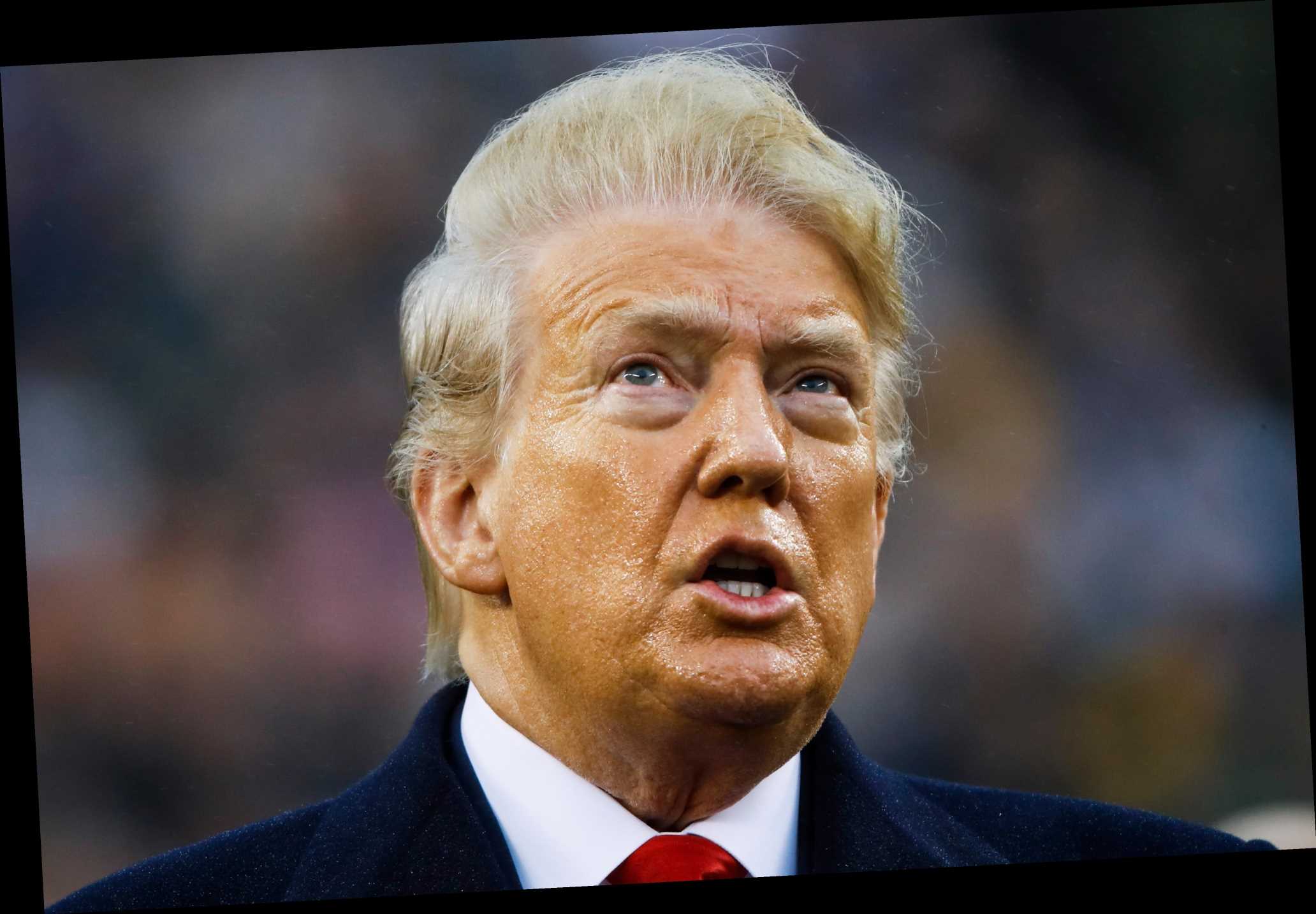DONALD Trump is a threat to the US Constitution and must be removed from the White House, the damming impeachment report says.
The full 658 document was released shortly after midnight this morning before the House voted on the US President’s impeachment this week.
If the lower chamber of Congress does impeach Trump, he can only be removed from office after a trial in the Senate – which is controlled by the Republicans, his own party.
The Democrats started the impeachment inquiry after the US leader allegedly asked Ukraine to investigate his political rival Joe Biden – who is a leading candidate for President.
In the report, committee chairman Jerrold Nadler writes: “Taken together, the articles charge that President Trump has placed his personal, political interests above our national security, our free and fair elections and our systems of checks and balances.
“He has engaged in a pattern of misconduct that will continue if left unchecked.
“Accordingly, President Trump should be impeached and removed from office.”
The report also alleges that Trump attempted to obstruct Congress from investigating his phone call with the Ukrainian leader.
It alleges a “criminal character” to the New Yorker’s behaviour while in office.
The report continues: “While there is no need for a crime to be proven in order for impeachment to be warranted, here, President Trump's scheme or course of conduct also encompassed other offenses, both constitutional and criminal in character, and it is appropriate for the Committee to recognize such offenses in assessing the question of impeachment.
“President Trump's abuse of power encompassed both the constitutional offense of ‘Bribery’ and multiple federal crimes.
“He has betrayed the national interest, the people of this Nation, and should not be permitted to be above the law.
'CRIMINAL CHARACTER'
“It is therefore all the more vital that he be removed from office.”
The House will vote on the impeachment of Trump this week after spending the past three months investigating whether his behaviour was grave enough to qualify as high crimes and misdemeanours.
The House Judiciary Committee on Friday approved two articles of impeachment against Trump: abuse of power and obstruction of Congress.
The vote came after a bitter two-day debate in which Democrats said it was their duty to impeach and furious Republicans defended the president and battled over process.
House leaders are preparing for the final impeachment vote just as lawmakers are about to leave for the holiday break.
Approval would set up a 2020 trial in the Senate.
Votes on the two articles could come as soon as Wednesday, with a meeting to set debate rules already scheduled for Tuesday.
What is impeachment of the President of the United States?
Impeachment is a formal charge of serious wrongdoing against sitting a President.
It is one of the few ways they can be kicked out of the White House before an election.
The US Constitution states a President "shall be removed from office on impeachment for, and conviction of, treason, bribery, or other high crimes and misdemeanours".
Presidents from George Washington onwards have often threatened with impeachment but usually their political opponents have lacked the will or support to carry it out.
The initial stage of the process comes in the House of Representatives, the lower chamber of Congress, which has "sole power of impeachment".
The House votes on whether the President should face the impeachment and a simple majority is required for that to go ahead.
Then the case would be tried by the Senate, the upper chamber of Congress, where a two-thirds majority is needed.
Only two Presidents in history have been impeached.
The most recent was Bill Clinton, who was impeached in the House on charges of perjury and obstructing justice in 1998.
It related to his denials of an affair with White House intern Monica Lewinsky.
However, when the trial reached the Senate, it failed to get close to the two-thirds backing it needed to remove him from office.
The other was Andrew Johnson, who served as President for four years from 1865.
He was impeached by the House in 1868, just 11 days after he got rid of his secretary of war Edwin Stanton.
The two-thirds majority needed in the Senate was missed by just one vote.
Richard Nixon resigned before he could be impeached over the Watergate scandal.
Source: Read Full Article


